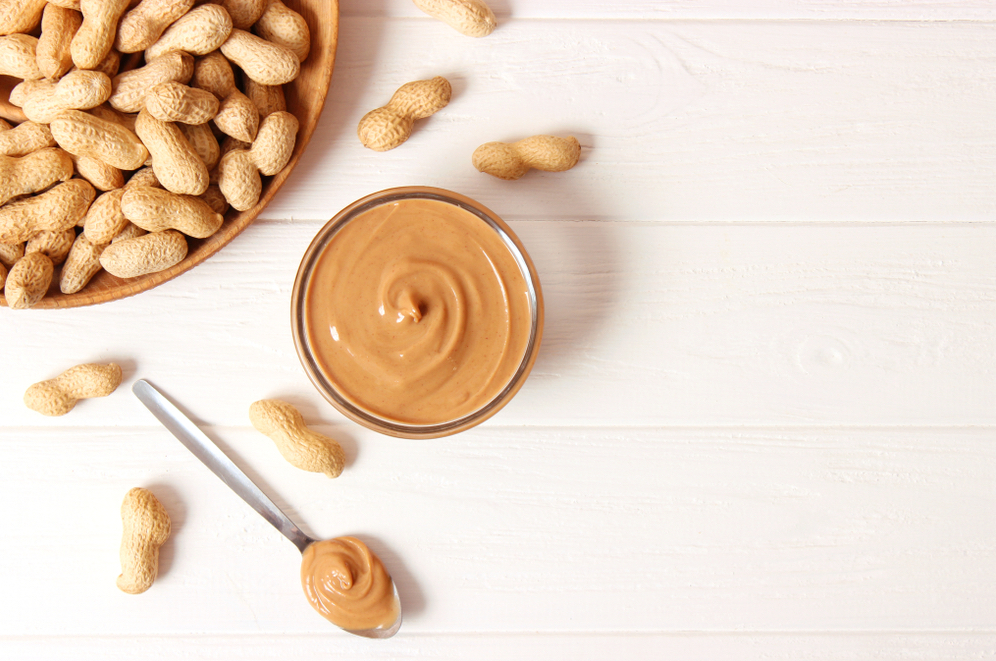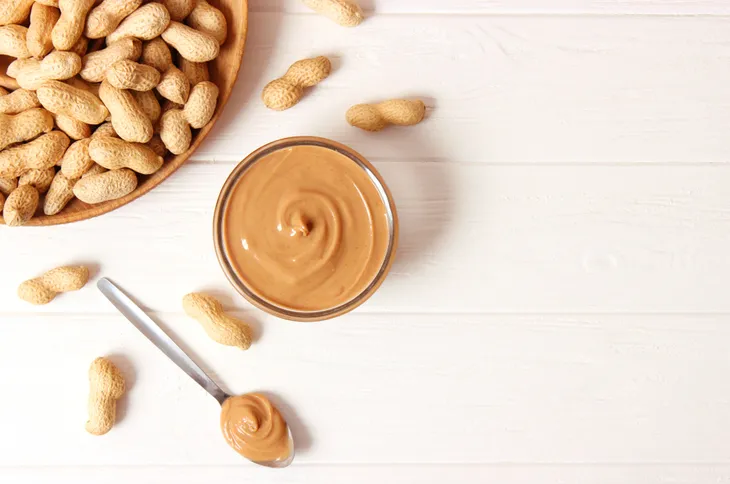They may look like healthy foods to eat, but there are many lesser twins of wholesome foods that can actually be more harmful to your system than good. These health food impostors purport to have benefits for your diet, but you’re also getting unhealthy ingredients that can negate any positive effects.
Be sure to read food labels very closely to see what you’re getting (or not getting), and even consult a nutritional consultant to help you stay away from these “evil” foods. While the less healthy alternatives may tempt you with the promise of better taste, they’re probably not worth it in the long run…
Margarine vs. Butter
The battle between butter and margarine goes back a long way, but while margarine has been blasted for artificial ingredients, the Mayo Clinic actually recommends margarine for better heart health as it contains vegetable oils and unsaturated fats. Butter is made from animal fats, which is higher in trans (bad) fat and can negatively affect cholesterol levels.
However, the Mayo Clinic reminds you that not all margarines are good—so be sure to check the label if the margarine you’re buying is free from trans fat, which is linked to heart disease. The clinic says, margarine sold in a tub is often better than margarine sold as a stick.
Natural vs. ‘Regular’ Peanut Butter
Peanut butter is generally considered delicious and nutritious as it contains peanuts—which themselves are full of goodies such as healthy fats for your body. But grocery shelves can be overwhelming with numerous selections of peanut butter, so be sure to choose wisely, as some varieties will raise your cholesterol and potentially harm your heart health.
The “bad” peanut butters are ones with higher levels of trans fat, often shown as partially hydrogenated oils on the label (although even trans-free peanut butter will have some traces of these oils). The Huffington Post noted in a 2012 article that while natural peanut butters often “separate” over time due to lack of these oils, many companies have been adding palm oil as a substitute, which is also not good for your health.
Rice Noodles vs. Pasta
While rice noodles are increasingly popular and can be found in delicious dishes like Pho soup, it doesn’t deliver nearly the nutritional value of pasta noodles. Pasta noodles, made from common wheat flour, deliver more good stuff like protein and fiber with each serving.
Many pasta brands are also fortified with iron and contain other vital nutrients such as calcium and magnesium. However, while there are some gluten-free options for pasta, rice noodles are gluten-free and may be a better choice for those with dietary concerns. Rice noodles also pack a significant amount of carbs, which your body needs for energy and healthy digestion. Regardless, wheat pasta wins this round.
Organic Yogurt vs. Standard Yogurt
Yogurt is a power food that can fill you up and flood your body with all kinds of vitamins and nutrients, but like many foods, we often reach for the one that has more flavor—and that usually means the one with more unhealthy ingredients.
Prevention magazine did an in-depth comparison of organic yogurt vs. 2-percent Greek yogurt and found some surprising facts. For example, while you may assume organic has the edge in all categories, the comparison found that organic is actually higher in carbs, sugar and sodium with lower protein. The Greek variety is a bit higher in fat, but it really shouldn’t stop you from grabbing your favorite brand. Just remember that added fruit and flavor means added sugar.
Protein Bars vs. ‘Snack’ Bars
It’s easy to get these mixed up, as they are often in the same aisle in the grocery store, but let’s define snack bars as granola bars and breakfast bars, which can be loaded with sugar. However, according to a 2010 Globe and Mail article, while manufacturers of snack bars often tout the benefits of their products (such as fiber that lowers cholesterol), some nutrition experts are saying these bars are not much healthier than cookies.
Protein bars also have some unhealthy varieties that are coated with sugar and icing, but experts generally note that a good protein bar should have at least half the grams of protein as it has in carbohydrates, while being less than 200-calories per bar. A good protein bar is all-organic, low in saturated fats, sugar and sodium while delivering high doses of fiber and protein (you may actually want to visit a health food store for these rather than a grocery store).
Cassia vs. Ceylon Cinnamon
Yes, even delicious and healthy cinnamon has trouble making cousin. When you buy cinnamon in a store in North America chances are you’re buying the Cassia variety—which is actually filled with a chemical called coumarin that isn’t friendly to your liver. Coumarin is a fragrant compound that is used in perfumes, but also in pesticides!
The preferred type of cinnamon is Ceylon, which is very low in coumarin concentration. The health benefits of Ceylon cinnamon includes blood sugar regulation in diabetics, lower risk of heart disease from fatty foods, and even better alertness and brain functions. So shop carefully in the spice aisle next time you’re looking for this product.









